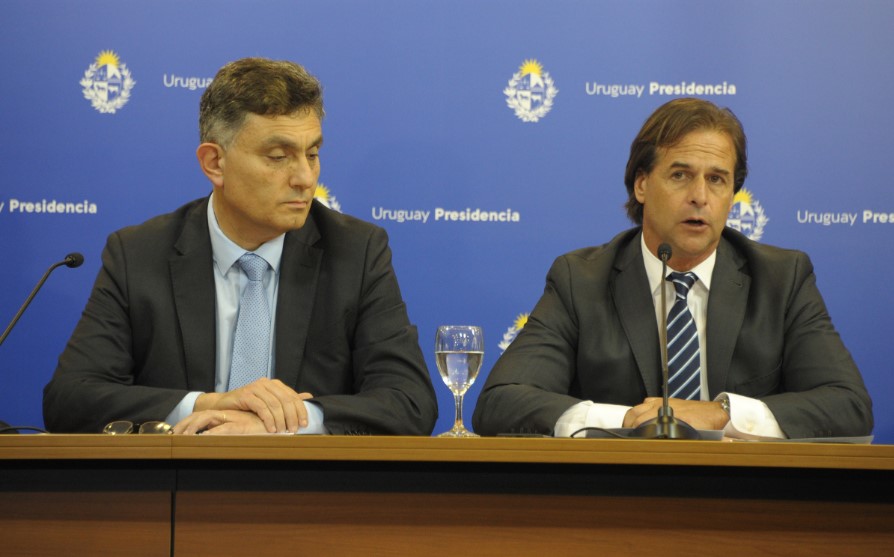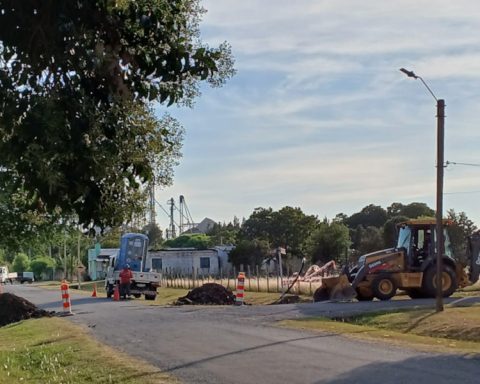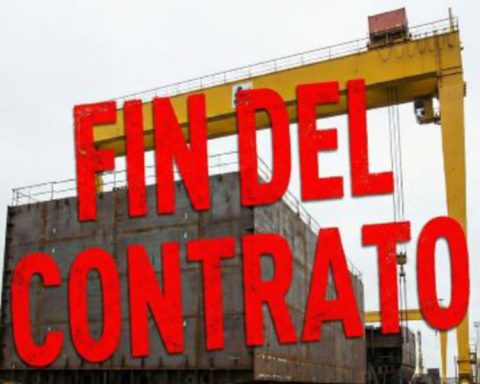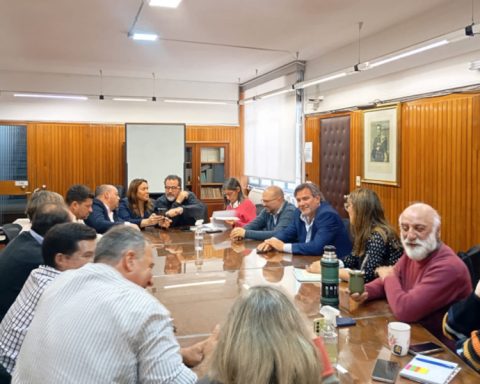
The Office of Planning and Budget of the Republic (OPP) refused to provide data on official advertising purchased by the government, rejecting the right to public information by request, alleging that everything is on the Internet, but the available data corresponds to 2021, when seeking to access the data for 2022.
According to Gustavo Gómez, executive director of the Latin American Observatory for Media Regulation and Convergence (OBSERVACOM), these data are in the possession of the OPP and it is part of its powers to manage them.
«The reason for denying that information, which this OPP has given me on other occasions, is that this information is available on the websites of all public bodies, which is not true. I have the impression, based on this response, that there is a desire to hinder access to public information,” said Gómez.
“And I say this as a result of the fact that it is not only a fallacious response and argument, because that information is not there as they tell me, but also because the OPP changed procedural aspects that make you doubt seeking information. Because, unlike most public bodies, which send you the information by email, the OPP now (not like this last year) makes you go and look for it in person. In other words, the person who requests is going to notify the Executive Tower, to go look for a printed piece of paper, in digital government time, “added the communicator.
Lack of transparency
For his part, Fabián Werner, president of the Center for Archives and Access to Public Information (CAinfo), also believes that there is an attempt to hinder access to public information. CAinfo questioned this new mechanism of delivering information only in person, because it territorially limits the right to people who live in or near Montevideo.
In fact, Werner understands that the argument that was given by the OPP is very similar to a modification introduced in the Law of Urgent Consideration (LUC): what exists here is a new demonstration of something that, from civil society, We have been pointing out for a couple of years now, which is the progressive increase in barriers to access information. In this case, it is not very clear what is the criteria for changing and refusing to give information that was already given before, but also for us it also implies confirmation of something that we had pointed out, when it was discussed in Parliament the LUC: that this implied a setback for transparency, because it implied a modification in the Law of Access to Public Information”, stated Werner.
CAinfo is now analyzing what measures to take to reverse this attempt to obstruct access to public information by the government of Luis Lacalle Pou.

















